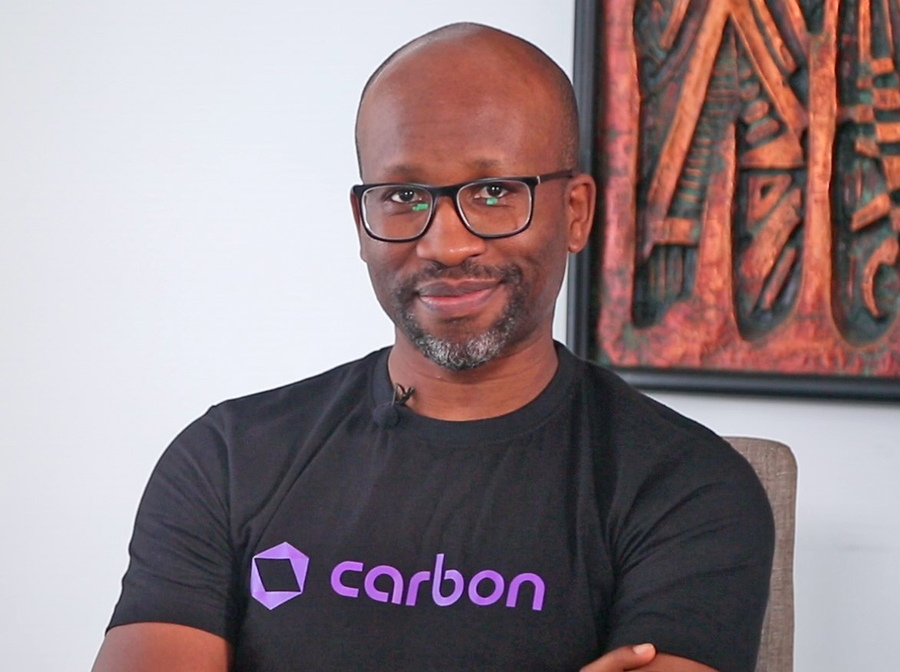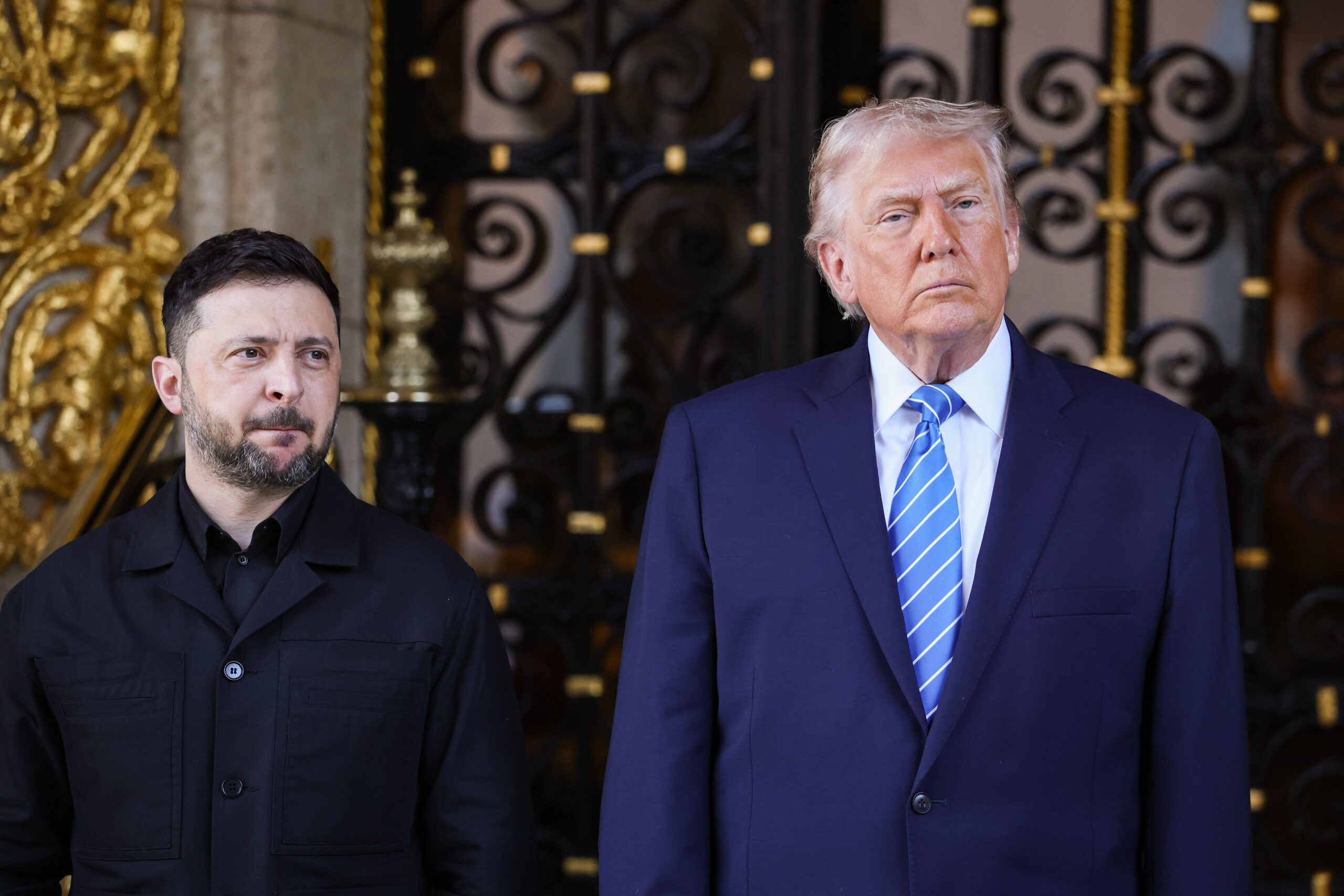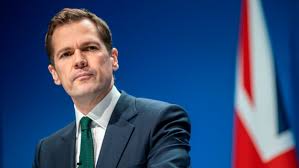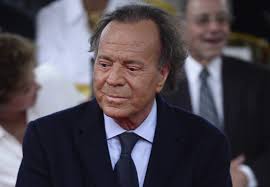News
Neobank, Carbon, Shuts Down Debit Card Operations in Nigeria

Nigerian fintech company, Carbon, has announced the cessation of its debit card operations in Nigeria, two years after their initial launch. This decision was disclosed by Carbon’s co-founder and CEO, Ngozi Dozie, via a Substack post on Wednesday.
Although Dozie did not explicitly detail the reasons behind discontinuing the card service, his post suggested that the introduction of the cards might have been a strategic misstep. Additionally, the current forex challenges, which increased the operational costs due to the dollar-denominated card expenses, likely played a significant role in this decision.
“When I take a step back with the benefit of hindsight (and a card operation bill denominated in USD$), I question why practically all neobanks are pushing cards or even getting into it. Was this the right strategy for ALL of us, or was Carbon just unlucky?” Dozie wrote.
Founders’ Errors
Dozie reflected on common mistakes made by founders, including making decisions based on insufficient information without proper analysis. He admitted that if he had thoroughly analyzed the industry, he might have avoided launching the card operations.
“Nigerians already have many debit cards,” he acknowledged. “If I had done the analysis…and truly evaluated the opportunity, I don’t think I would have been that gung-ho about pushing a strategy to provide consumers with their fifth debit card. The decision might have been the same, but perhaps with more respect for the potential risks.”
Dozie also noted that he might have believed that offering a debit card would increase customer trust in Carbon, akin to traditional banks. He advised fintech startups to critically analyze the industry before venturing into debit card offerings.
Context and Comparison
Several other fintech companies like Kuda, Moniepoint, and OPay have rolled out debit cards for their customers. Unlike Carbon, which partnered with the international card provider Visa, these companies have opted for Verve cards, providing them with a local advantage amidst the current forex issues.
When Carbon launched its debit cards in August 2021, it marked a significant step in transitioning from Nigeria’s biggest digital lender to a microfinance bank licensed by the CBN. The debit card allowed Carbon bank account holders to access funds via online and offline channels like ATMs and POS machines. Carbon aimed to enhance user experience, a common issue among customers of financial institutions, and build on its customer base of 3 million users by offering a more comprehensive banking experience.
Carbon’s decision to discontinue its debit card operations underscores the complex challenges fintech companies face in balancing innovative services with operational realities. This move serves as a cautionary tale for other fintech startups considering similar ventures, highlighting the importance of thorough market analysis and strategic planning.
News
Rescue Efforts Intensify After Deadly Landslides Strike New Zealand’s North Island

Two people have been confirmed dead and several others are feared missing following a series of landslides triggered by days of relentless heavy rainfall across New Zealand’s North Island, as emergency services continue extensive search and rescue operations in difficult conditions.
Authorities said the two fatalities were recorded in Welcome Bay, where large volumes of earth and debris swept through parts of the community. Meanwhile, rescue teams remain on the ground at a separate and highly concerning site at a popular campground on Mount Maunganui, where several people are believed to be buried beneath rubble. Despite the lack of “signs of life” so far, officials say efforts are continuing with urgency and care.
Emergency services have indicated they have a preliminary understanding of how many people may be unaccounted for, though they are awaiting confirmation before releasing exact figures. They have disclosed only that the group of missing individuals includes “at least one young girl,” a detail that has deepened concern nationwide and reinforced the resolve of rescue crews working around the clock.
The landslides are part of a broader weather emergency caused by days of intense rainfall, which has led to widespread flooding, road closures, and power outages across much of the North Island. Entire communities have been cut off, and infrastructure damage remains extensive in several regions. One government minister described scenes along the east coast as resembling “a war zone,” underscoring the scale of the destruction left behind by the storms.
Despite the severity of the situation, authorities have praised the rapid mobilisation of emergency responders, local volunteers, and support agencies. Heavy machinery, specialist search teams, and welfare services have been deployed, while affected residents are being offered shelter, food, and medical assistance as conditions allow.
Officials have also emphasised that safety remains the top priority, with ongoing assessments of unstable ground and the risk of further slips as rain continues in some areas. Communities have been urged to follow evacuation orders and official guidance as recovery and rescue efforts progress.
News
Zelensky Secures Post-War Security Framework with Trump

Ukrainian President Volodymyr Zelensky has confirmed that Ukraine and the United States have completed a draft framework addressing post-war security guarantees, following high-level talks with US President Donald Trump and his team on the sidelines of the World Economic Forum in Davos.
Speaking to reporters, Zelensky said the document outlining US security commitments to Ukraine is effectively finalised, describing it as “done,” although formal signatures will only come after the end of active hostilities. He explained that discussions with the US delegation, which included Trump, concluded with agreement on the text, marking a significant step forward for Kyiv’s long-term security ambitions.
“We need to sign,” Zelensky said, stressing that the agreement would only take effect once the war has stopped. He clarified that while no binding deal has yet been enacted, both sides have completed the document, which now awaits signatures from the respective presidents and subsequent ratification by national parliaments in Washington and Kyiv.
For Zelensky, bringing the US president on board with a clear post-war security framework represents a major diplomatic gain. However, attention is now shifting rapidly toward upcoming trilateral talks involving Ukraine, the United States and Russia, which are expected to take place in the United Arab Emirates. These discussions are widely seen as a crucial next phase in efforts to bring the conflict closer to resolution.
Trump’s special envoy, Steve Witkoff, has confirmed he will travel to Abu Dhabi from Moscow to take part in the talks. Zelensky has already named Ukraine’s negotiating team, which includes several of his most senior officials, underlining the seriousness with which Kyiv is approaching the process.
Witkoff struck an optimistic tone, suggesting that the central issue dividing the parties is “solvable.” Zelensky echoed that assessment, saying the core of the dispute remains territorial, particularly concerning land in eastern Ukraine. The key question now is whether Russian President Vladimir Putin will accept a US-backed proposal for a demilitarised, free-trade zone in the Donbas region, or continue to push for full Russian control of the area.
Diplomatic activity has intensified noticeably in recent days, signalling growing international momentum. Still, Zelensky cautioned that the US security guarantees will not be finalised quickly. Any agreement would require approval from the US Congress as well as Ukraine’s parliament, a process that will take time.
Details of the proposed guarantees have not yet been made public. Kyiv had initially sought up to 50 years of firm US commitments to assist Ukraine in the event of future aggression, an ambition widely viewed as challenging. Nevertheless, Zelensky remains convinced that a strong US “backstop” is essential.
News
Europe to suspend approval of US tariffs deal

The European Parliament is preparing to temporarily suspend its approval process for the US tariffs agreement reached in July, according to sources familiar with discussions within its international trade committee.
The expected announcement, scheduled for Wednesday in Strasbourg, France, would signal a further intensification of transatlantic negotiations at a time when political and economic sensitivities are running high. While the move introduces uncertainty, European officials have framed it as a procedural step that keeps dialogue open rather than closing the door on cooperation.
The development comes against the backdrop of renewed political friction, as US President Donald Trump has escalated rhetoric over Greenland, warning over the weekend that additional tariffs could follow if US interests are not addressed. Despite the sharper tone, European diplomats continue to emphasise that engagement remains the preferred path forward.
Global financial markets have responded cautiously, reflecting heightened awareness of the potential for renewed trade disputes, but also the expectation that both sides have incentives to avoid a prolonged confrontation. European stock markets recorded a second consecutive day of declines on Tuesday, while US equities also eased. The Dow Jones Industrial Average fell 1.3% in midday trading, the S&P 500 slipped 1.5%, and the Nasdaq was down 1.7%.
Currency markets mirrored the shift in sentiment. The US dollar weakened notably, allowing the euro to rise 0.7% to $1.1731, while sterling gained 0.2% to trade at $1.346. Analysts noted that such movements often reflect short-term reassessments rather than long-term expectations.
Bond markets also saw increased activity, with borrowing costs rising globally as investors adjusted positions. Yields on 30-year government bonds climbed in major economies including the United States, the United Kingdom and Germany, marking the most significant sell-off in long-term debt for several months.
Until recently, trade relations between Washington and Brussels had shown signs of stabilisation following the July agreement reached at President Trump’s Turnberry golf course in Scotland. Under that deal, US tariffs on European goods were set at 15%, a notable reduction from the 30% initially threatened during April’s “Liberation Day” tariff announcements.
In return, the European Union committed to increased investment in the United States and to regulatory and structural adjustments within Europe aimed at supporting stronger US export growth. Officials on both sides had presented the arrangement as a balanced compromise designed to restore predictability to transatlantic trade.
-

 Sports1 week ago
Sports1 week agoMane’s Decisive Strike Sends Senegal into Another AFCON Final as Egypt Exit
-

 News1 week ago
News1 week agoRobert Jenrick sacked by Tories for plotting to defect
-

 News1 week ago
News1 week agoAt least 28 killed after crane collapses on train in Thailand
-

 Sports1 week ago
Sports1 week agoEto’o handed ban for misconduct at Afcon
-

 Tech1 week ago
Tech1 week agoX to stop Grok AI from undressing images of real people
-

 News1 week ago
News1 week agoIran Judiciary Rejects Execution Claims as Officials Signal Easing of Tensions Over Protest Arrests
-

 Entertainment1 week ago
Entertainment1 week agoJulio Iglesias denies sexual abuse as Spanish Court Opens Investigation
-

 Sports1 week ago
Sports1 week agoFernandes Reaffirms Commitment to United as Captain Looks Beyond January Turmoil


















